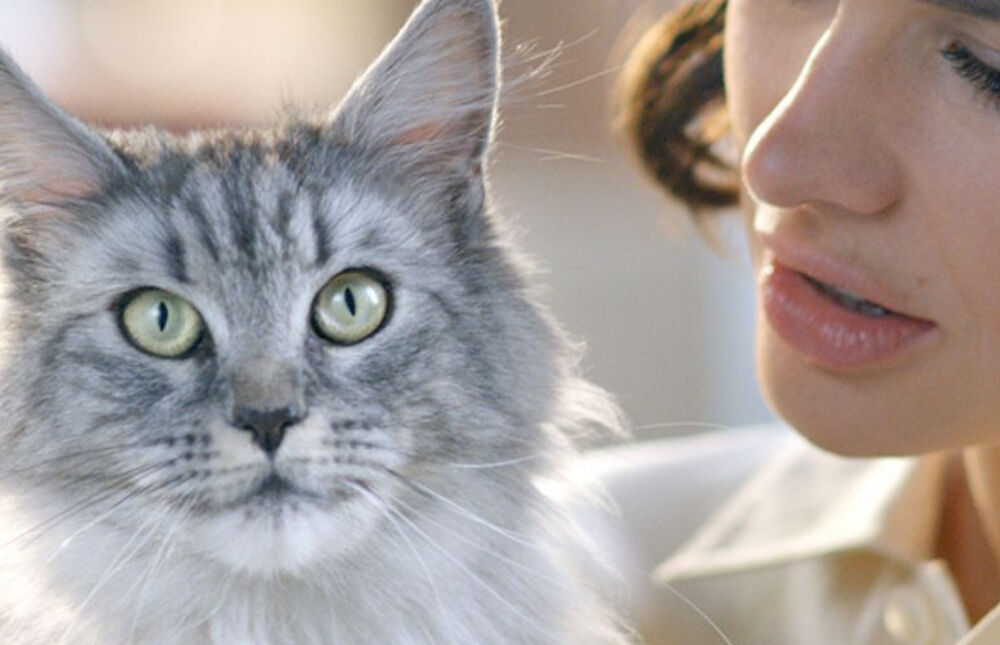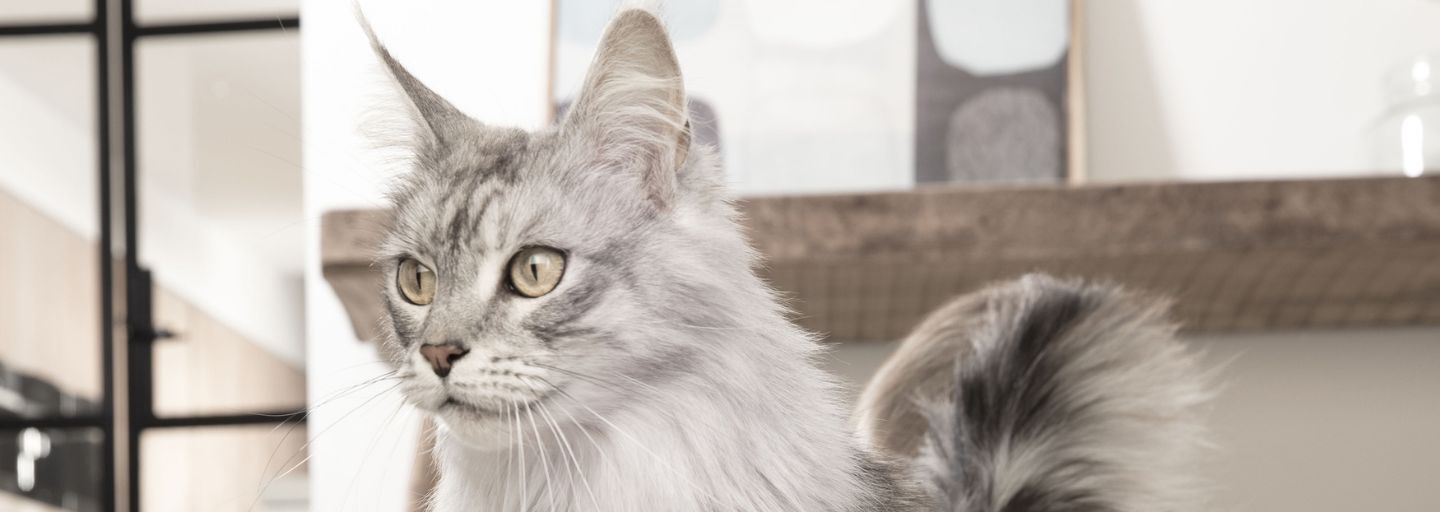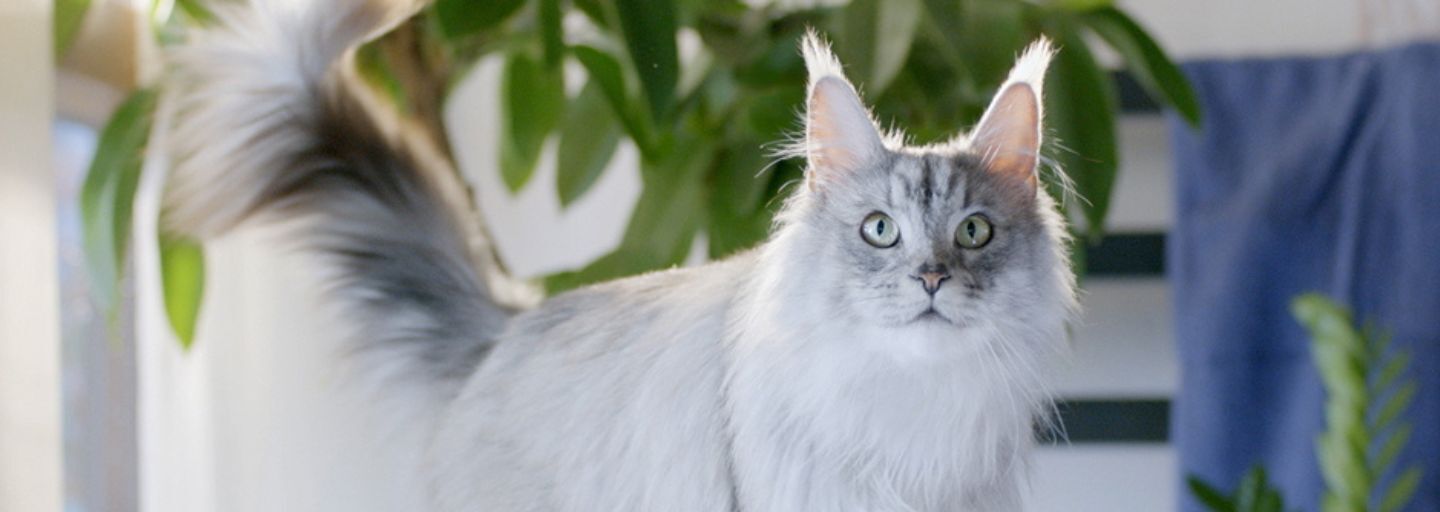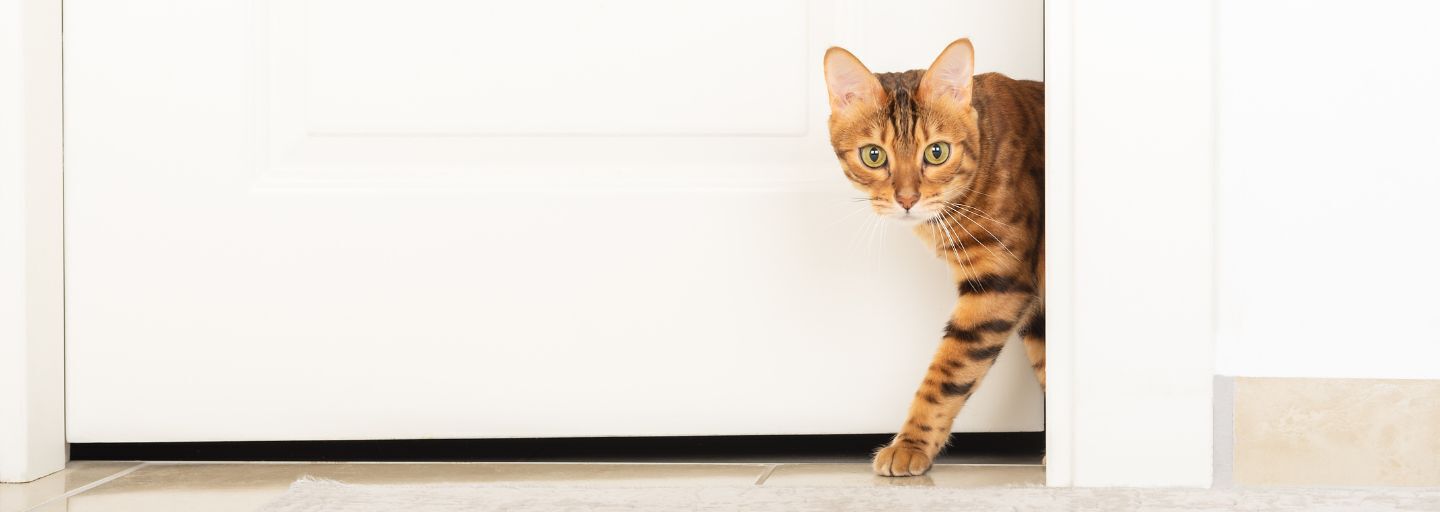Food is not the only thing cats like to lick and chew. Cats commonly bite and nip at lots of different objects around the house, even if they can’t be eaten. While this kind of behavior is often normal, it can also be a sign of a potential problem. It’s important you manage this behavior to avoid injury to your cat.
Why does my cat lick and chew?
There’s a wide variety of reasons why your cat may be licking or chewing things around your house. Here are some common ones:
- To imitate hunting
- To reduce boredom, and seek out exciting textures and flavors
- To reduce stress
- To address pain in teeth or gums
- As a result of early weaning
- Or it might just be in their personality!
What items do cats most commonly lick or chew?
Here is a list of the common household items cats love to chew:
- Bottle caps and rings
- Electrical cords
- Plastic straws
- Plastic bags
- Cardboard
- Bubble wrap and packing Styrofoam
- Yarn
- Rubber bands
Is chewing behavior bad for my cat?
Licking and chewing different objects is normal cat behavior and is not worrying in itself (though it may cause damage to your household appliances!). However, if a cat chews and swallows something it can’t digest, this could block your cat’s intestinal tract, causing serious problems.
If your cat is a chewer, consult your vet immediately should your cat stop eating its regular food or suffer from vomiting or diarrhea, in order to rule out any underlying health concerns.
What can I do to stop my cat from chewing my things?
Depending on your cat’s genetic tendencies, you may be unable to eliminate this behavior. However, there are a few things you can do to help keep it under control.
Tip 1: Remove Opportunity
Pack away appliances and kitchen supplies you are not using, and keep rubbish and recycling in closed containers.
Tip 2: Cord Covers
These work a treat. Make sure to get protectors robust enough to prevent your cat from chewing through.
Tip 3: Check Your Plants
Indoor plants bring a lovely ambiance to the house, but some are poisonous to cats. Make sure you choose plants that are cat-friendly.
Tip 4: Playtime
Your cat may lick and chew your things because it has too much pent-up energy or stress. Fit in a little extra playtime into your daily routine to give your cat a better outlet. Just before feeding is the best time to play.
Tip 5: Ask the Professionals
If you’re not sure how to get your cat’s chewing under control, take a trip to your local vet. Your vet will have great advice on how to manage your cat’s habits and may even refer you to a certified cat behaviorist (yes, they exist!).




